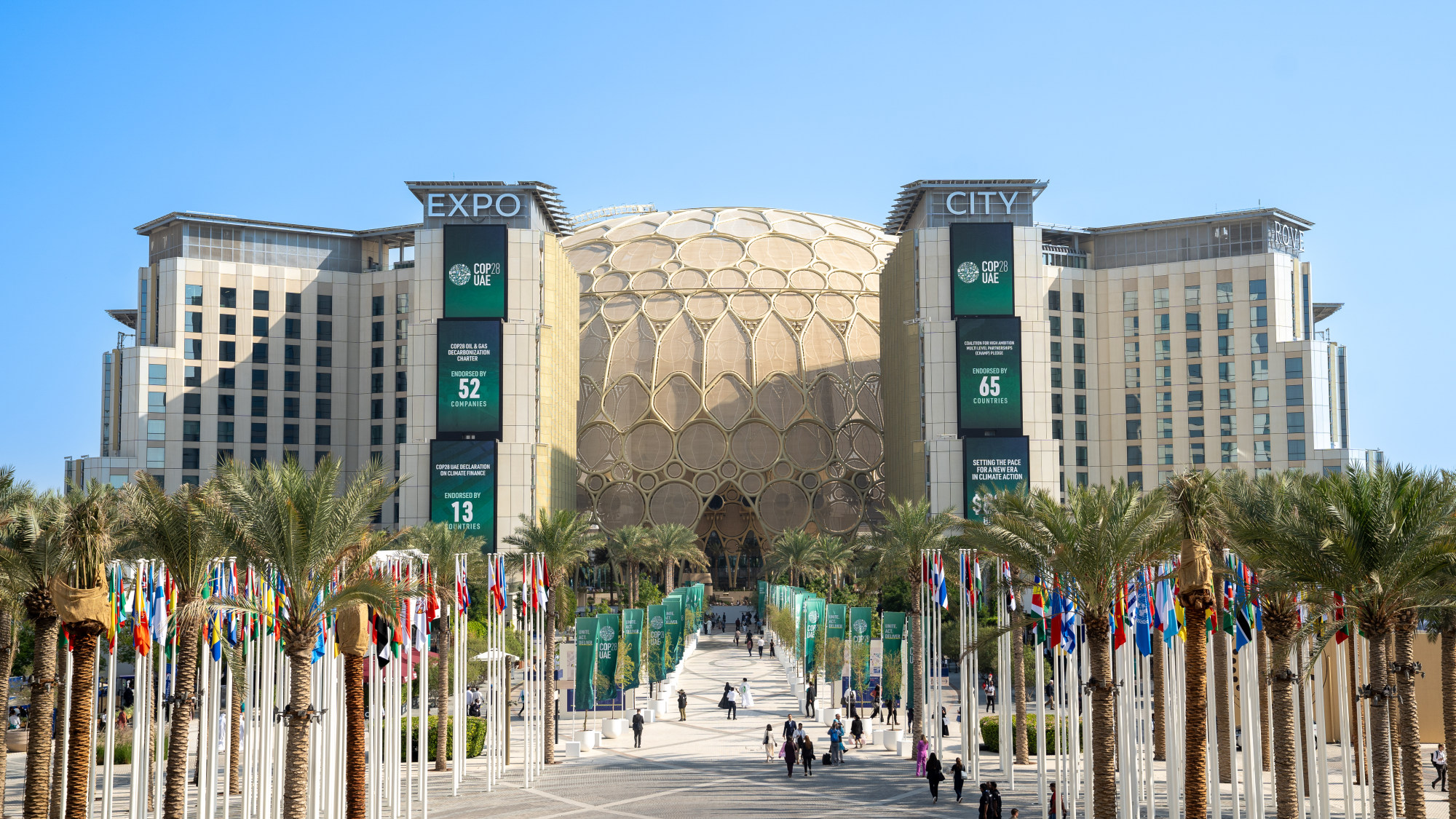[The content of this article has been produced by our advertising partner.]
Ambassador Majid Al Suwaidi, director general of the 28th Conference of the Parties of the United Nations Framework Convention on Climate Change (COP28), has delivered a compelling call to action for developed countries to unite in mobilising capital to support emerging markets in their transition to clean energy.
Held from November 30 to December 12 in the United Arab Emirates (UAE), COP28 addressed the first Global Stocktake (GST) under the Paris Agreement, which evaluates progress towards climate goals and establishes an ambitious action plan. The COP28 Presidency aims to deliver a robust decision on the GST with a strong mitigation outcome, a comprehensive adaptation agreement, and groundbreaking solutions on climate finance that are more available, affordable and accessible.
Fixing climate finance is one of the key pillars of the COP28 Presidency, and in the first few days of the conference, it established a significant standard for achievement, generating momentum, traction, positivity and excitement. To date, the COP28 Presidency has operationalised the Loss and Damage Fund and capitalised it with US$790 million, launched the world’s largest private-market investment climate finance vehicle with US$30 billion, brought 50 national and international energy companies together around ambitious decarbonisation targets, seen 130 countries sign its renewable energy and efficiency pledge, and secured the largest-ever replenishment of the Green Climate Fund with US$12.8 billion. And this is before the conference has even concluded.
On December 4, major international financial institutions and countries made new commitments to offer climate-resilient debt clauses (CRDCs) in their lending. These clauses allow debt service to be paused in order to provide breathing space when countries are hit by climate catastrophes. The UAE has committed US$200 million to help low-income and vulnerable countries.

On top of that, parties have rallied around a number of pledges and declarations to get the world moving in the right direction. The COP28 Presidency is the first to actively call on parties to come forward with language on all fossil fuels for the negotiated text.
The COP28 Presidency also brought the US and China together in an unprecedented commitment to an economy-wide reduction of methane and other non-CO2 gasses. These gasses are over 80 times more damaging than CO2. Tackling methane will have a massive near-term impact on keeping the global warming threshold of 1.5 degrees Celsius (2.7 degrees Fahrenheit) within reach.
As a regional green finance hub, China is spearheading Asia’s response to the GST. On December 8, COP28’s Hong Kong Climate Day, an event led by the Hong Kong Ambassadors Club and curated by Wang Shi, founder of DeepRock Group, featured presentations from prominent Chinese business leaders. They covered topics ranging from financing climate-proof technologies to the role of next-generation family offices and technology entrepreneurs.
It is hoped that strategic alliances and partnership agreements will be signed to contribute towards the call for developed countries to pledge US$100 billion annually in climate financing for emerging markets.
Watch the video to learn more about the role of climate finance at COP28.